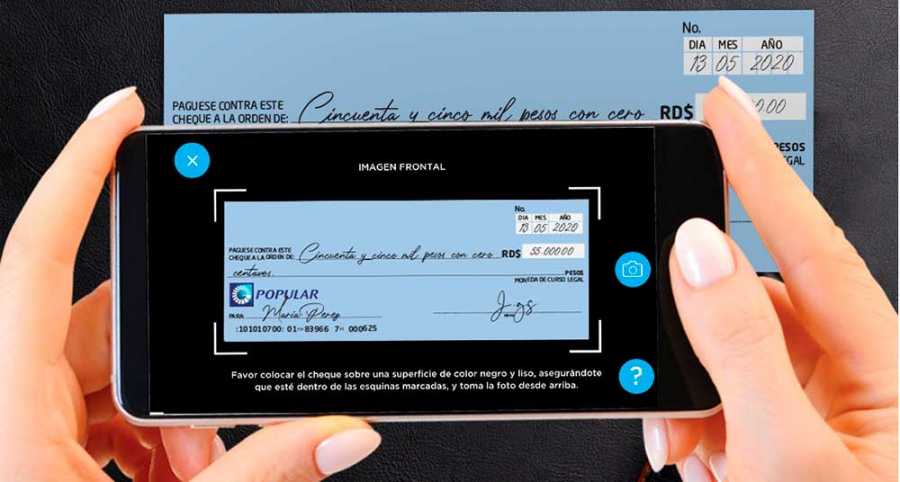For this purpose, the legislative plenary approved, in the plenary session number 149, to reform the Code of Commerce in which article 838, paragraphs A and B, will be incorporated, related to the truncation of these financial documents.
What is the truncation of checks? It is a procedure by which the physical exchange of these documents is reduced or eliminated, being replaced in part or in its entirety by electronic records or images, processed and transmitted through the payment system.
The time for this transaction is reduced with the update of this regulatory body, since in 2021 users received their funds under a process that reduced the time -from three to one day-, but with this modification of the regulations, the money will be received in only four hours.
Thus, in addition to being a leader in the region in this area, these modifications to the regulations -issued 60 years ago- will guarantee a dynamic economy, technological application, and operational efficiency. Likewise, the streamlining of administrative processes for the companies that issue this type of payment methods and for the suppliers that receive them.
This fifth act of financial justice seeks to eliminate the bureaucracy and cumbersome steps that this payment tool has due to illegible figures, the lack of a signature or any specific data required by this system.
Currently, banking transactions are the mechanisms preferred by the Salvadoran population, but the issuance of checks is the second method of payment used by individuals, companies and entrepreneurs. This is based on data provided by the Banco Central de Reservas (BCR).
According to the international experience in the exchange of check images at regional level, El Salvador will reduce the time to release funds, because one of the objectives is to position itself at the level of Paraguay, which is the only country that delivers money to users the same day.
Nations such as Guatemala, Honduras, Costa Rica, Nicaragua, Peru, Colombia, Mexico, Brazil and Dominican Republic take one day for monetary release at a specific time.
Benefits of the check image exchange process
The digitization of this payment mechanism encompasses several benefits, such as operational efficiency, time and cost savings, fraud risk mitigation and prompt availability of funds.
For the population:
Agility to the country's economy, access to economic resources in a quick way and savings in travel time and costs are part of the benefits that the amendment to the article in question would imply.
The salvadoran population will get their funds released in less time and this means that Micro and Small Enterprises (MSE) will be able to manage their cash flow effectively, since they will have faster access to their money.
For the economy:
At this point, transactions will take place without interruptions or delays. In addition, this will increase business and generate greater employability.
There will also be cost savings associated with the check cashing process, with the possibility of reorienting it to the spending of individuals and companies.
The Commercial Code, an obsolete regulation
The Commercial Code is an obsolete regulation, since it has regulated this payment mechanism for 60 years and, nowadays, the economy has changed.
Although it is true that the use of checks has decreased in the country, thanks to the fact that companies are migrating to electronic transfers because they are more immediate, since the settlement of checks used to take up to three days to be cancelled, as stipulated in the Code of Commerce. In spite of this, this type of payment is in second place in terms of use.
According to the Banco Central de Reserva (BCR), as national administrator of payment systems and regulator of the financial system, the pandemic generated by COVID-19 accelerated digitalization and bank transfers.
Translated by: A.M
 English
English  Español
Español 
